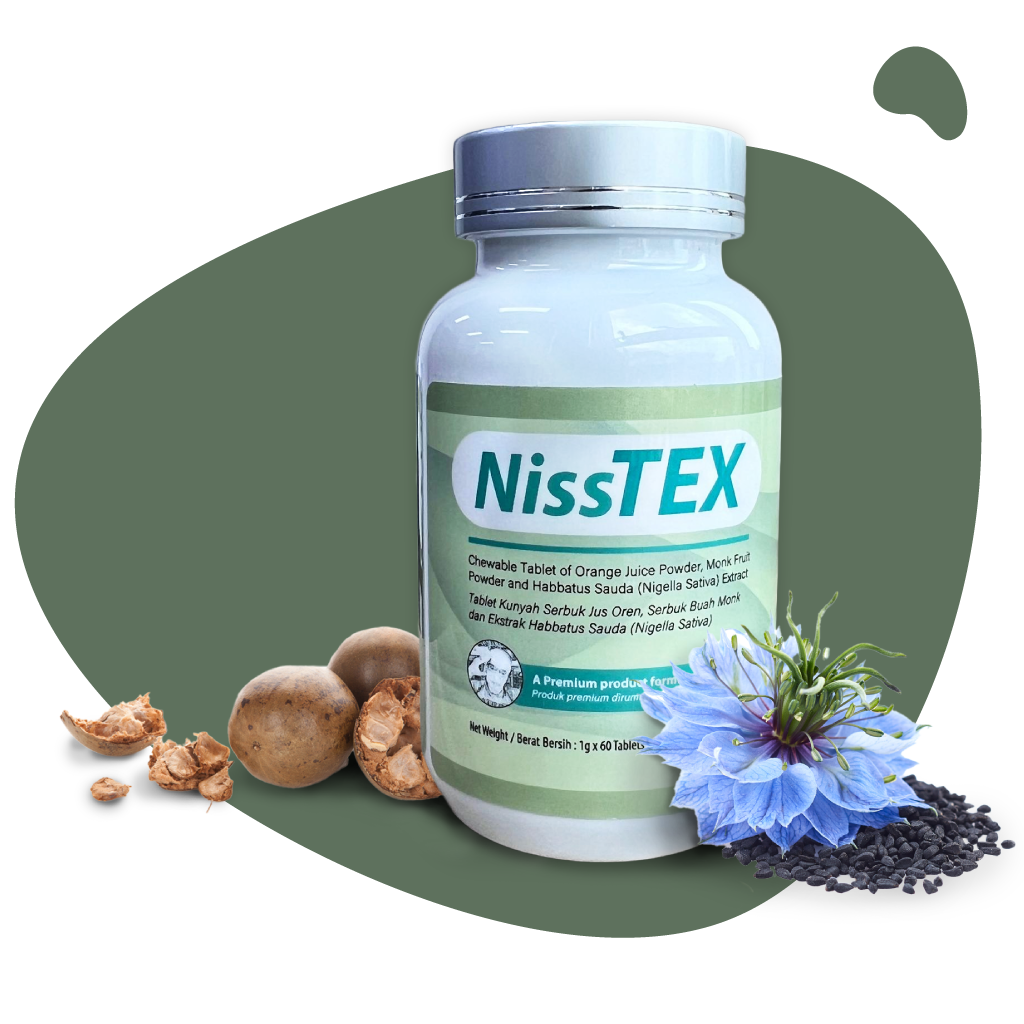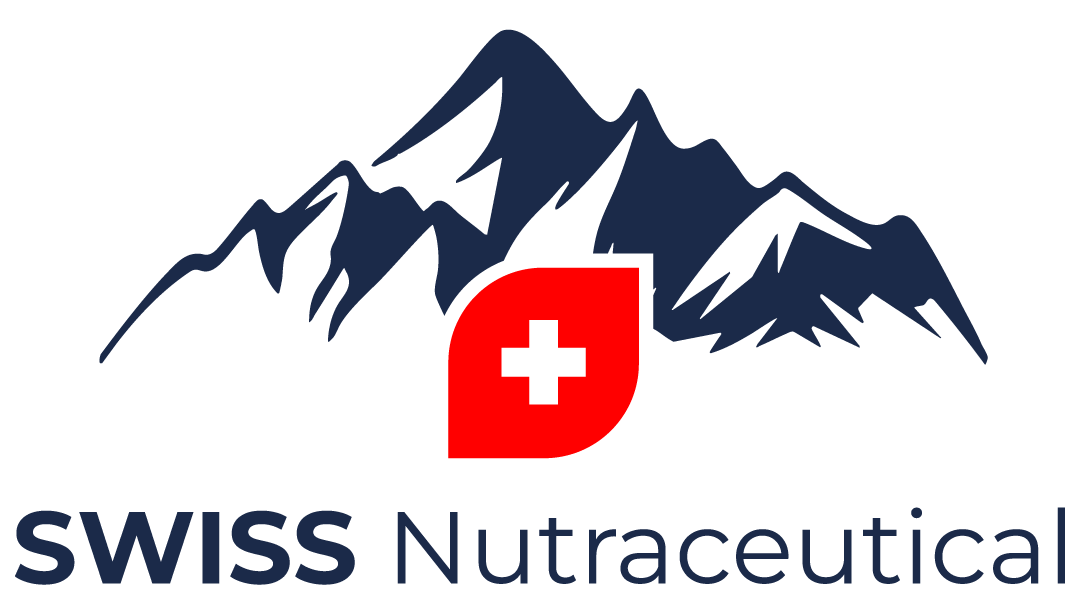nigella sativa, known as Black Seed, has been used for centuries in traditional medicine worldwide. Its active compound, thymoquinone, offers anti-inflammatory, antioxidant, and neuroprotective benefits. Research highlights its role in managing diabetes, hypertension, neurological disorders, and even cancer. A daily dose can boost immunity, support liver health, and protect against environmental toxins.
nigella sativa or Black Seed: The Magical Plant that Cures All
nigella sativa is a herb that has been used as medicine for hundreds of years by communities worldwide for various illnesses. The goodness of nigella sativa is not new.
In Islamic literature, nigella sativa is recognized as one of the greatest forms of therapeutics. As early as Avicenna’s “Canon of Medicine,” nigella sativa seeds were mentioned as able to reduce weakness and depression, and improve the body’s vitality. nigella sativa was included in various natural medication lists, including Tibb-e-Nabavi (The Medication of Prophet Mohammad).
nigella sativa is also used medicinally in various cultures around the world:
- Arabic and Islamic Medicine: Highly regarded for its therapeutic properties, often mentioned in historical texts.
- Malay Medicine: Known for its role in promoting liver health and overall vitality.
- Chinese Medicine: Used for its antioxidant and immune-boosting effects.
- Indian Traditional Medicine: Both Unani and Ayurveda systems use nigella sativa for its numerous health benefits, including its anti-inflammatory and digestive properties.
- African Traditional Medicine: Utilized for its antimicrobial and anti-inflammatory benefits.
- In traditional medicine, the seeds of nigella sativa are generally used for obesity, back pain, hypertension, gastrointestinal problems, bronchitis, asthma, cardiac diseases, sexual diseases, diarrhea, rheumatoid arthritis, and skin disorders.
- It is also used as a liver tonic.


These diverse applications highlight the global recognition of nigella sativa’s medicinal value.
Thymoquinone is the main active ingredient of nigella sativa. It has an amazing number of biological activities with the following properties: antioxidant, hepatoprotective, anti-inflammatory, immunomodulatory, and anticholesterol. It has been shown to help manage diseases such as diabetes, gout, rhinitis, cough, hypertension, and even bad breath. It has antiviral properties and is also an energy booster through its activation of mitochondrial functions.
nigella sativa has a very strong anti-inflammatory effect. This effect creates significant benefits for various inflamed organs. It can reduce several undesirable effects and discomfort in various diseases. It can also help reduce swelling in arthritis and in respiratory organs such as in asthmatic patients. It has been shown to reduce sneezing and itching in allergic diseases such as sinusitis and rhinitis and chronic skin problems. It contains thymoquinone, which repairs damaged neurons in many neurological conditions such as Parkinson’s, Alzheimer’s, autism, and dementia. Thymoquinone has also demonstrated antiviral potential against a number of viruses. It has antifungal and antibacterial properties and is good for certain fungal and bacterial infections. Thymoquinone also increases the activity and number of cytokine suppressors, lymphocytes, natural killer cells, and macrophages.
Thymoquinone has shown hepatoprotective effects on laboratory animals. It can protect the liver from injury or toxins. Thymoquinone has also shown an anti-anxiety-like effect in mice through modulation of γ-aminobutyric acid (GABA) and nitric oxide (NO) levels in the brain or plasma. It has very strong antioxidant effects. Antioxidants are a very important group of chemicals that can prevent oxidation and also prevent unnecessary damage to the cells and various organ systems due to the oxidation process. It has also been shown to work as an anticancer agent in many patients with early and terminal stages of cancer. nigella sativa seeds contain active ingredients like thymoquinone and alpha-hederin, which are effective against different cancers.
Some Scientific Research Findings
Presently, our environment contains a lot of neurotoxins that come in the air, water, and food that we consume daily. Some of these chemicals can cause neurotoxicity, which can harm the brain or peripheral nervous system. These poisons can affect the nervous system and can upset or kill the neurons. They can also increase several undesirable toxins in our brain, such as amyloid β peptide (Aβ) and α-synuclein.
In an in vitro study, El-Naggar et al. found that nigella sativa significantly improved neuronal cell viability compared to untreated cerebellar neuron cell culture and protected against beta-amyloid protein intoxication (El-Naggar et al., 2010).
Thymoquinone pre-treatment repressed amyloid-beta-induced apoptosis of cultured cerebellar granule neurons (CGNs) via both extrinsic and intrinsic caspase pathways (Ismail et al., 2013). Hence, the findings of these studies recommend that thymoquinone can prevent neurotoxicity and amyloid-beta-induced apoptosis or cell death.
Thymoquinone protected cultured hippocampal and cortical neurons of embryos of Wistar rat brains against neurotoxicity and cytotoxicity induced by Alzheimer’s disease–specific amyloid beta (Alhebshi et al., 2013). Alhebshi et al. also reported the protective effects of thymoquinone against the synaptic toxicity of α-synuclein, which accumulates in the brains of patients with Parkinson’s disease and dementia.
All these indicate the extremely versatile effects of nigella sativa on human health. Consuming nigella sativa daily will help provide good protection as well as a remedy for currently existing medical conditions for all ages and genders.










